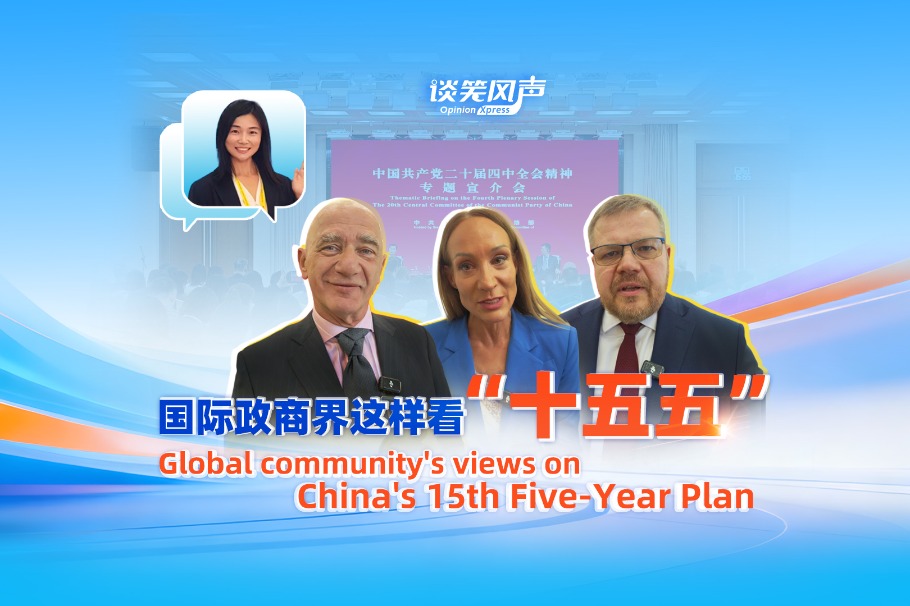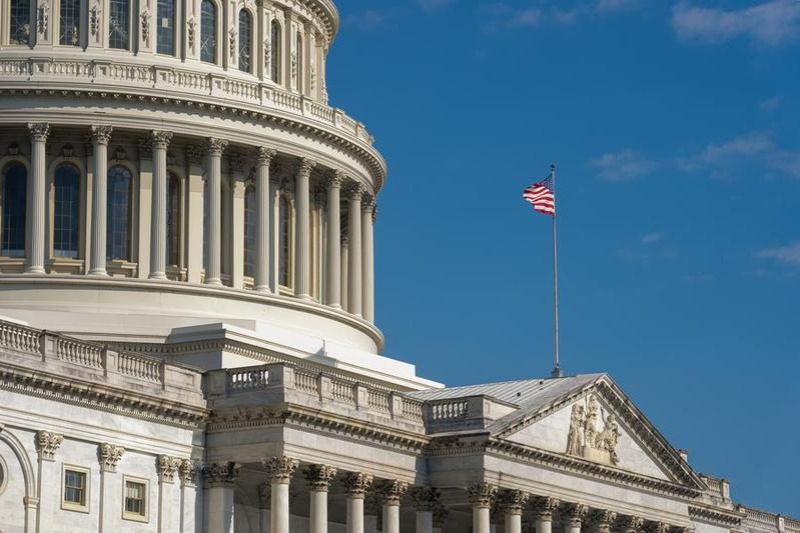Forum highlights planning's role in modernization

Every country is entitled to pursue modernization that aligns its own condition, experts said at the third International Forum on Dialogue Between China and the World held in Beijing on Monday. The event was organized by the Renmin University of China, with the theme of "National Strategic Planning in the Process of Global Modernization".

In his opening speech, Wang Xiaohu, vice-president of the RUC, noted the importance of ensuring that modernization aligns with shared human values while respecting each country's unique national conditions — a crucial question for development.
Chen Yuming, vice-president of China Public Diplomacy Association, said that expanding high-standard opening-up and creating a new model of win-win cooperation has become China's firm commitment and strategic declaration to the world and the future.

In their keynote speeches during the first session, experts highlighted China's practices in its modernization. Josef Gregory Mahoney, a professor at the East China Normal University, said that the rejuvenation of China as an advanced technological society is attributed not only to its hardware technology, but also to its strong capacity for social synergy and coordination. This ability to efficiently plan resources and guide public action in tackling challenges presents a significant solution for the world.
Wang Yiwei, a scholar on international studies with the RUC, emphasized that the Communist Party of China has led China's modernization through dual transformation: rejuvenating the nation while redefining modernization. This process pursues the free and well-rounded development of individuals and challenges the misconception that modernization equals Westernization. China's path contributes to global modernization, fosters a community with a shared future for humanity, and creates a new model for human civilization.
Pakistan's ambassador to China Khalil Hashmi said that China's five-year plans, known for their consistent continuity and adaptive flexibility, have become important for modern governance. He identified three key global impacts that China has had: serving as a model for other countries' strategic planning, creating international public goods such as the Belt and Road Initiative, and significantly elevating the role of sci-tech innovation.
Other experts also shared their perspectives on China's economic innovation, the importance of dialogue among civilizations, cultural exchanges, the development of Chinese philosophy, and the connection between language learning and modernity.


































